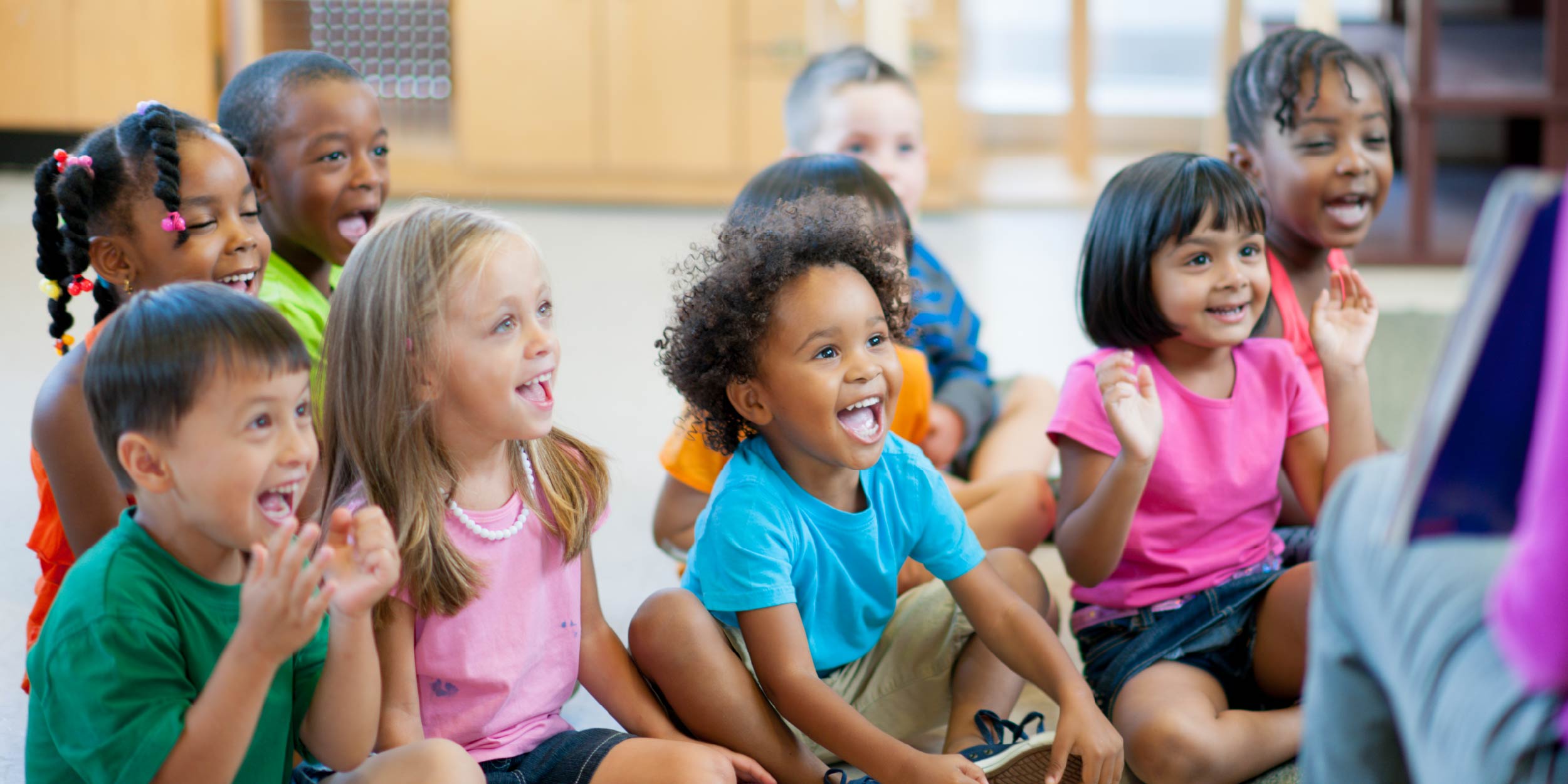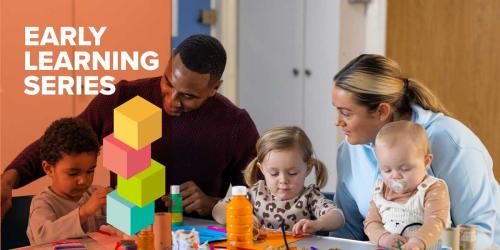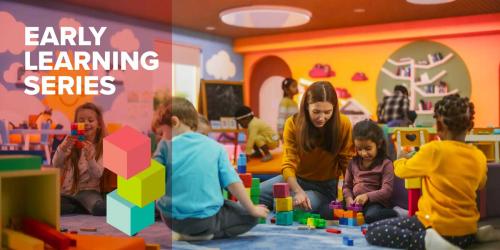What We Are Learning About the Academic Tenacity of Our Youngest Learners

What skills can preschoolers learn that will ultimately help them get into college? It may sound surprising, but research suggests even very young children are already developing skills that will help them later in life.
In a famous set of “marshmallow” studies conducted at Stanford University in the 1970s, preschoolers were given a choice: After the facilitator left the room, the children could ring a bell and get to eat a marshmallow right away, or they could wait a few minutes and get two marshmallows. Follow-up studies over the years found differences in many adolescent and even adult outcomes. For example, the longer four-year-old children waited to get two marshmallows, the better their SAT scores in high school.
The self-control and self-regulation demonstrated by children in the Stanford marshmallow experiment is an aspect of academic tenacity. It may be a current buzzword in education, but academic tenacity does hold promise for gaining insights into what approaches―in classrooms and home environments―are effective in setting up young students for success.
It’s been found that when older kids are about to take a big test, if they sit down and write for 10 minutes on the topic of “someone who believes in me” that they will do better. Something about this writing prompt triggers feelings of confidence. There are a lot of these types of interventions that help kids get into a positive frame of mind. Research is demonstrating they are particularly promising for students of color. It has to do with the social belonging aspect of academic tenacity, and overcoming deeply ingrained feelings that come from stereotypes. When it comes to equity in education, developing academic tenacity has the potential to go a long way toward closing achievement and outcome gaps.
—Shannon Davidson
Education Northwest Researchers Lauren Bates and Shannon Davidson presented a session on academic tenacity at last month’s School Administrators of Montana conference in Helena and will cover the topic again in an upcoming webinar. Academic tenacity is an umbrella term coined by researcher Carol Dweck and her colleagues that incorporates a young person’s mindsets and goals, social belonging, and self-control. “Academic tenacity can help students to ignore distractions, overcome setbacks, and pursue long-term goals,” explains Davidson.
“There are a lot of labels for these skills, such as noncognitive and soft skills,” adds Bates. “They’re hard to measure, and there is still a lot we don’t know about them, but evidence is mounting that they are malleable and that—with the support of adults at school, home, and in the community—students can develop them at virtually any age.”
Self-control and self-regulation aren’t the only nonacademic skills preschoolers can use and develop. For example, one recent study shows that preschool children have more flexible and creative thinking than previously thought.
The study, by Allison Gopnik and others, found that four- and five-year-old children were better than adults at quickly learning causal relationships and making cause-and-effect theories based on their observations. The authors found that the children showed “bold exploration and breathtaking innovation” compared to the adults. The implication is that creativity―which provides tremendous value later in school and life―comes naturally to young children and might suggest that it is time to rethink the way educators approach the early grades. Children could benefit from more opportunities to explore and come up with creative solutions to problems, for instance.
“Skills such as creativity and self-control are paradoxically considered nonacademic skills, although it’s often in academics where having these skills helps children to be successful,” says Bates. “Developing these skills is also helpful for success in the workplace and for life in general.”
“Kids can do big things if they have the chance,” says Bates.



